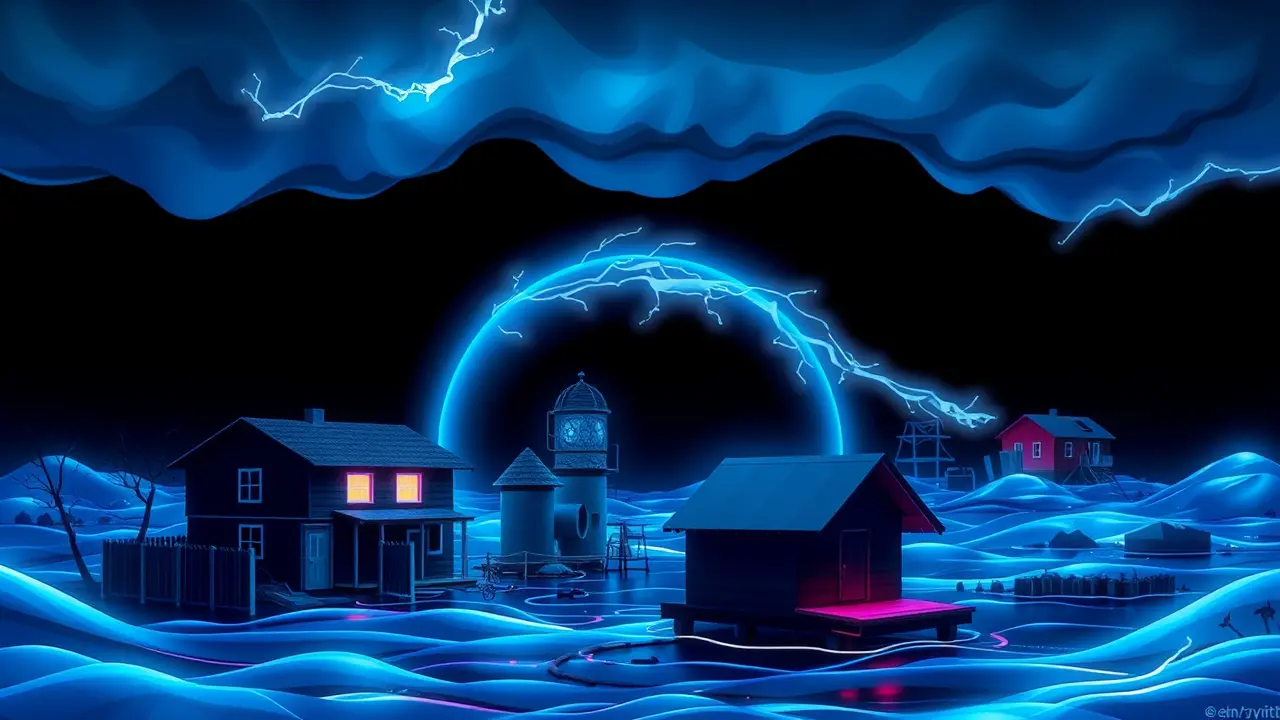
Scienceclimate scienceExtreme Weather Studies
Hurricanes Cause Hidden Health Devastation Beyond Death Tolls.
RA
Rachel Adams
3 hours ago7 min read1 comments
When a hurricane's fury is spent and the cameras pan away, the official death toll becomes a stark, insufficient ledger—a number that fails to capture the profound and lingering health devastation that reshapes communities for years. The immediate trauma of collapsed homes and storm surges is merely the opening chapter of a much longer, more insidious public health crisis.Beyond the direct casualties, we witness a cascade of secondary effects: respiratory illnesses spike as mold silently colonizes water-damaged walls, a toxic legacy that triggers asthma and allergies in vulnerable populations, particularly children and the elderly. Contaminated floodwaters become breeding grounds for bacteria like Vibrio and Leptospira, posing severe infection risks long after the skies have cleared.The mental health toll is perhaps the most pervasive and underreported casualty; the psychological scars of displacement, loss, and constant anxiety manifest as post-traumatic stress disorder, depression, and a deep-seated community grief that official statistics can never quantify. Critical healthcare infrastructure itself becomes a victim—hospitals flooded, clinics shuttered, and supply chains for essential medicines severed, leaving chronic conditions like diabetes and heart disease dangerously unmanaged.This creates a silent epidemic of delayed mortality, where individuals succumb not to the storm's direct impact, but to the systemic collapse of the support systems meant to keep them alive. From a biological and ecological perspective, these events are a brutal case study in environmental determinism, where a warming climate, fueled by our own inaction, supercharges these systems, expanding their reach and intensifying their destructive potential.The aftermath is a landscape of compounded vulnerabilities, where pre-existing social inequities are ruthlessly exposed—low-income neighborhoods and communities of color, often situated in more flood-prone areas with less resilient infrastructure, bear a disproportionate share of this hidden suffering. The work of organizations like Greenpeace in highlighting the interconnectedness of climate justice and public health has never been more critical. We must reframe our understanding of hurricane damage to include this long tail of human suffering, moving beyond the immediate body count to support the painstaking, long-term recovery of both the physical environment and the human spirit, recognizing that the true cost is measured not in a single day's destruction, but in the years of compromised health and fractured lives that follow.
#hurricanes
#health effects
#death tolls
#climate change
#public health
#natural disasters
#editorial picks news
Stay Informed. Act Smarter.
Get weekly highlights, major headlines, and expert insights — then put your knowledge to work in our live prediction markets.
© 2025 Outpoll Service LTD. All rights reserved.